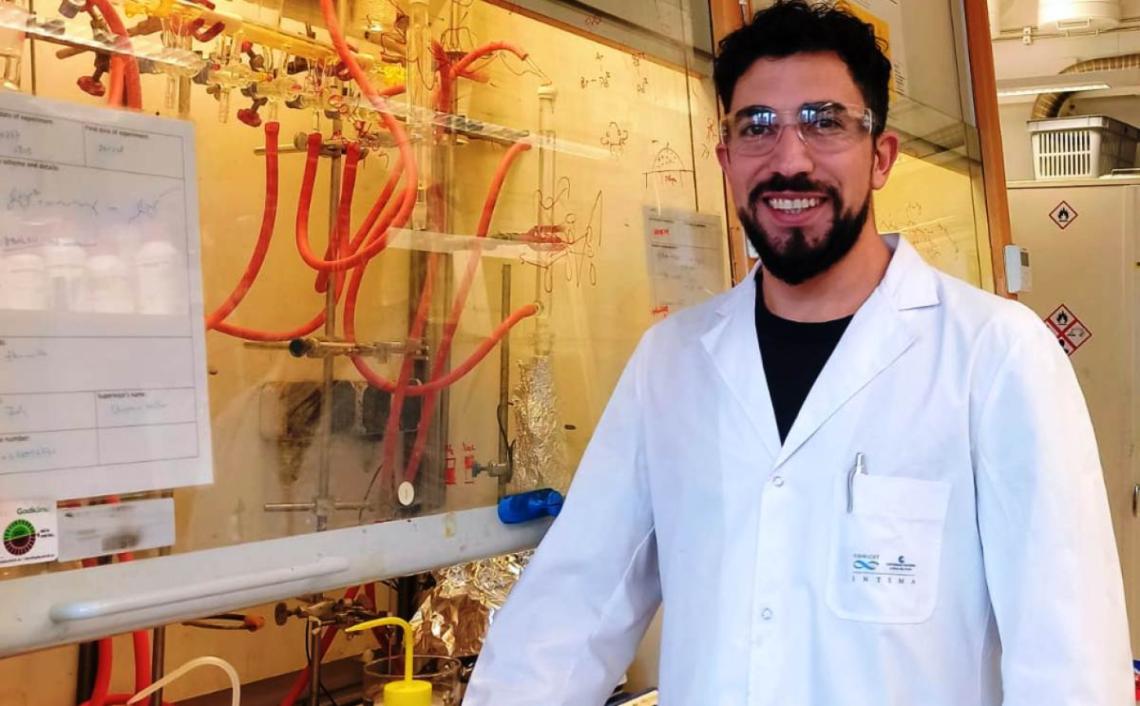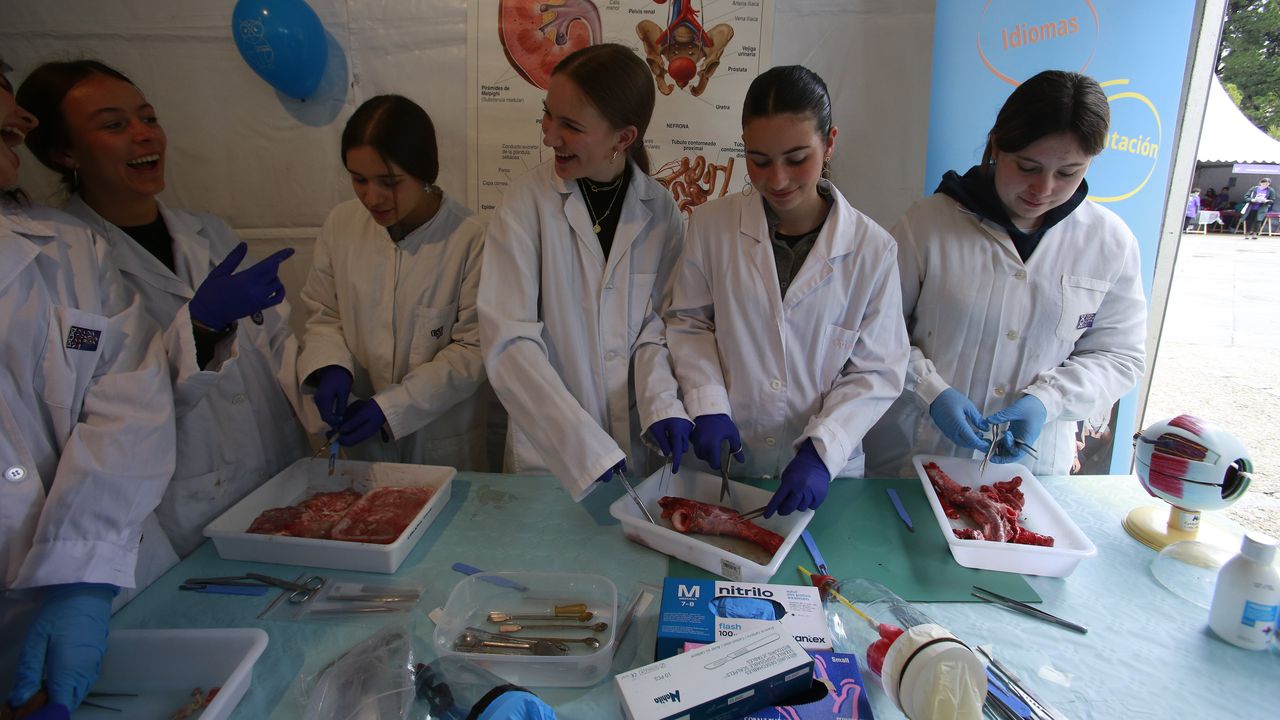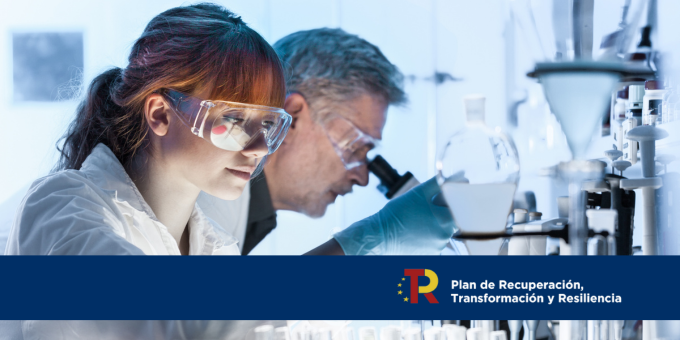Scientists from eighteen research centers in nine European countries took part in a project that was awarded ten million euros to try to identify, thanks to artificial intelligence, Risk factors associated with obesity from the early stages – from pre-conception and early childhood development through adolescence-. The project “Prevention of obesity throughout life through identification of risk factors, diagnosis and intervention in the early stages” (EprObes) will last for five years and will be coordinated by the Biomedical Network Research Center (CIBER) of the Carlos III Health Institute of the Ministry of Science and Innovation.
Officials stress the importance of knowing all the risk factors that can be critical during the early stages of life for developing obesity later on: such as lifestyle habits, diet, and physical activity, Socioeconomic context, environmental factors, or indicators of mental health. They pointed out the importance of the project, in which researchers from many countries are participating (Centers from Spain, Germany, Denmark, France, Poland, Turkey, Belgium, Lithuania and Estonia are involved) where many of these factors (diet, climate or socio-economic context) are very different.
Manuel Tina Semper, Professor of Physiology at the University of Cordoba And the project coordinator, he highlighted the use of artificial intelligence to integrate data analysis and the use of machine learning algorithms that allow Design support tools to help departments and health professionals make decisions to prevent and treat overweight and obesity.
Researcher Alex Bravo is an expert in the use of artificial intelligence In the field of biomedicine, it evaluates the usefulness of this technique for discovering “hidden” patterns associated with the development of obesity However, it cannot be detected using the most conventional methods of treating this disease.
Artificial intelligence will make it possible to analyze Time series data from all groups (in all cases several thousand people) were used to sample and make predictions about each person’s risk. To develop obesity, with the ultimate goal of being able to customize measures to combat obesity and all its concomitant diseases.
The study also includes a comparative gender perspective in order to better understand how hormones, metabolism, gender roles, or social inequalities contribute in a certain way to weight gain in each gender.
The project will attempt to identify the underlying mechanisms of obesity, both at the genetic and environmental levels, and also includes analysis of psychological, social and economic factors, particularly mental health and eating disorders.



/cloudfront-us-east-1.images.arcpublishing.com/eluniverso/ZHT3NFYA2BFMFDHOGERE3EWDBY.jpg)

